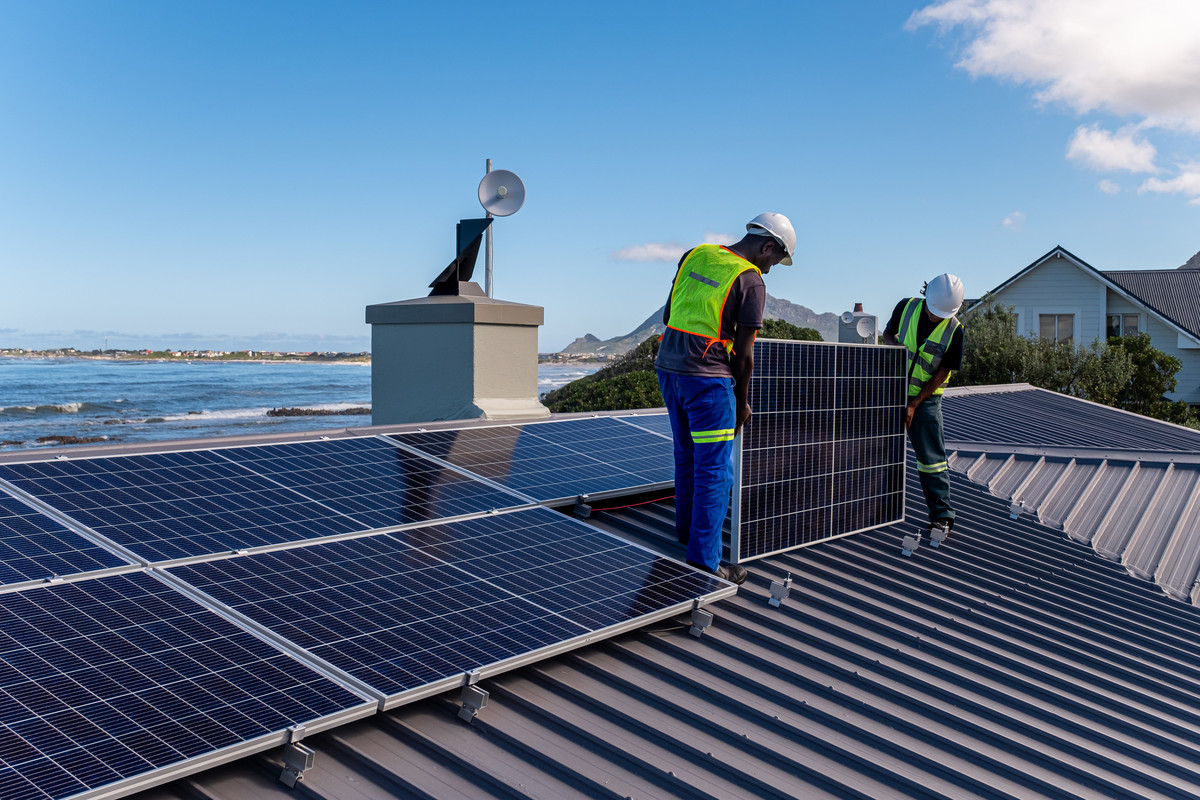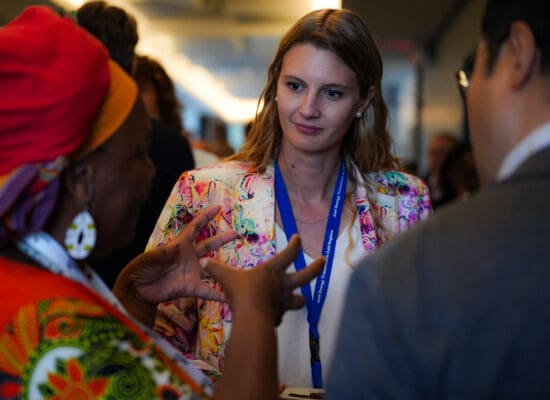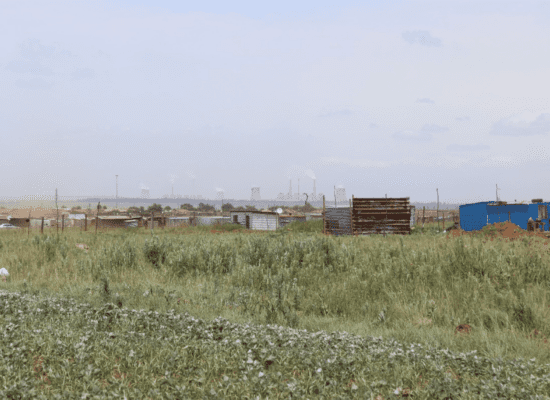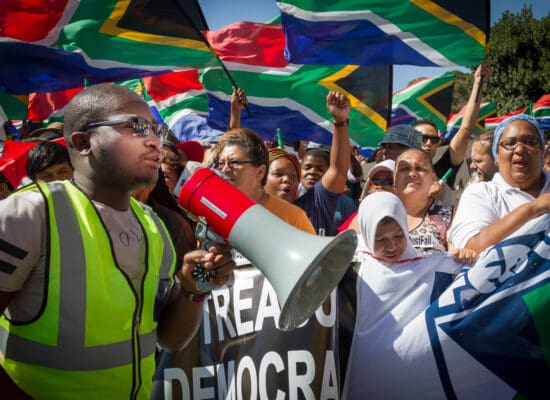Commentary
Unequal Energy Transitions: The impact of private solar adoption on social justice in South African cities
Country:
South Africa,
Organisation:
University of the Western Cape,

South African consumers have been facing load shedding (scheduled power cuts) for over 15 years. In 2023 residents faced the “equivalent of 289 days of load shedding.” The national electricity provider, Eskom, has implemented these power cuts as the country’s coal-based electricity system struggles to meet electricity demand for various reasons, including mismanagement. Despite some reprieve from national-scale load shedding in 2024, residents in cities such as Johannesburg, Ekurhuleni, and Tshwane have experienced load reduction, implemented by municipalities on a very local scale. Although load reduction is justified as a means of protecting infrastructure and the electricity grid, poor households are more likely than wealthy ones to experience interruptions to their electricity supply.
It is increasingly apparent that these electricity interruptions are unevenly distributed across poor and wealthy areas. Our research further suggests that wealthy households’ responses to insecurity in the electricity supply are exacerbating existing lines of privilege and inequality. By investing in (off-grid) solar PV, the more affluent citizens have been able to protect themselves from electricity interruptions and maintain a semblance of normality, whereas poor households have not.
Our Off-Grid Cities project, which included partners from the University of the Western Cape, the Gauteng City-Region Observatory (GCRO), the University of Cambridge, Cardiff University, and the University of Sheffield, examined how households and businesses have invested in off-grid and hybrid electricity and water sources in Cape Town and Johannesburg. In particular, we looked at how elite businesses and households (those with the resources to spend on alternative water and electricity sources) have invested in these alternative options, and what the associated impacts are for climate change and social justice.
In 2022 and 2023 the country saw unprecedented investments in small-scale solar PV. We found that wealthier households were more likely than poorer households to have shifted to alternative electricity sources, giving the wealthier households greater energy security and associated benefits, such as lower and more stable electricity costs. Recent data from the GCRO’s Quality of Life 7 (2023/24) survey suggests that in Gauteng (the province in which Johannesburg is located), approximately one in four households in the highest income category has access to solar PV.
By investing in (off-grid) solar PV, more affluent citizens have been able to protect themselves from electricity interruptions and maintain a semblance of normality, whereas poor households have not.
Although these private investments contribute to a broader transition to renewable energy, they have consequences for municipal revenue and the government’s ability to ensure universal access to electricity. In South Africa, municipalities use the revenue from high consumers to subsidise the cost of providing electricity to poorer groups. This means that as high electricity consumers invest in private solar PV, municipalities receive less revenue, thus undermining their ability to ensure access to electricity for the poor and to maintain the grid.
What further compounds this challenge for municipalities is that most private households with solar power have not registered these systems. This makes it difficult not only to determine the scale of the transition that is underway but also for municipalities to anticipate the associated impact on their revenue and plan accordingly. Our research [publication forthcoming] revealed that although wealthier households have invested in solar systems to improve personal energy security, many were uncomfortable with the idea that their investments could negatively affect the poor.
We found that, in general, people would rather contribute to a broader, more equitable, solution. Given that the electricity crisis has resulted from inadequate capacity, we asked those who owned a home solar system whether they would be willing to feed excess electricity from their solar installations to the grid. Some 67% of homeowners said that they would be willing to do so, with half of this group willing to feed into the electricity grid even if they were not financially compensated.
Despite this willingness and a common feeling that people would rather support a longer-term equitable solution than one that benefits only themselves, private investments in solar PV continue to concentrate benefits among the wealthy. As cities in South Africa work actively towards reducing carbon emissions and increasing energy security, it is necessary to reflect on the unintended consequences of a move by the wealthy to solar power. How can we ensure that the shift to renewable energy is socially just?
Various opportunities exist to ensure that the benefits of private renewable energy investments are more evenly distributed across society. Although private renewable energy investments reduce revenue, municipalities could benefit by purchasing surplus electricity from private households and businesses at a lower rate than electricity from Eskom. This could potentially increase municipal profit margins and the ability to provide free basic electricity. The national government could also use tax incentives to encourage renewable investment within poorer communities and support the development of local solar PV value chains.
Fiona Anciano is a professor in political studies and head of the Politics and Urban Governance Research Group (PUG) at the University of the Western Cape, with an interest in urban governance, democratisation, citizenship and civil society. Christina Culwick Fatti is a senior researcher at PUG, with over ten years’ experience in policy-facing urban research at the intersection between environmental and social systems within cities.
Stay Informed and Engaged
Subscribe to the Just Energy Transition in Coal Regions Knowledge Hub Newsletter
Receive updates on just energy transition news, insights, knowledge, and events directly in your inbox.


